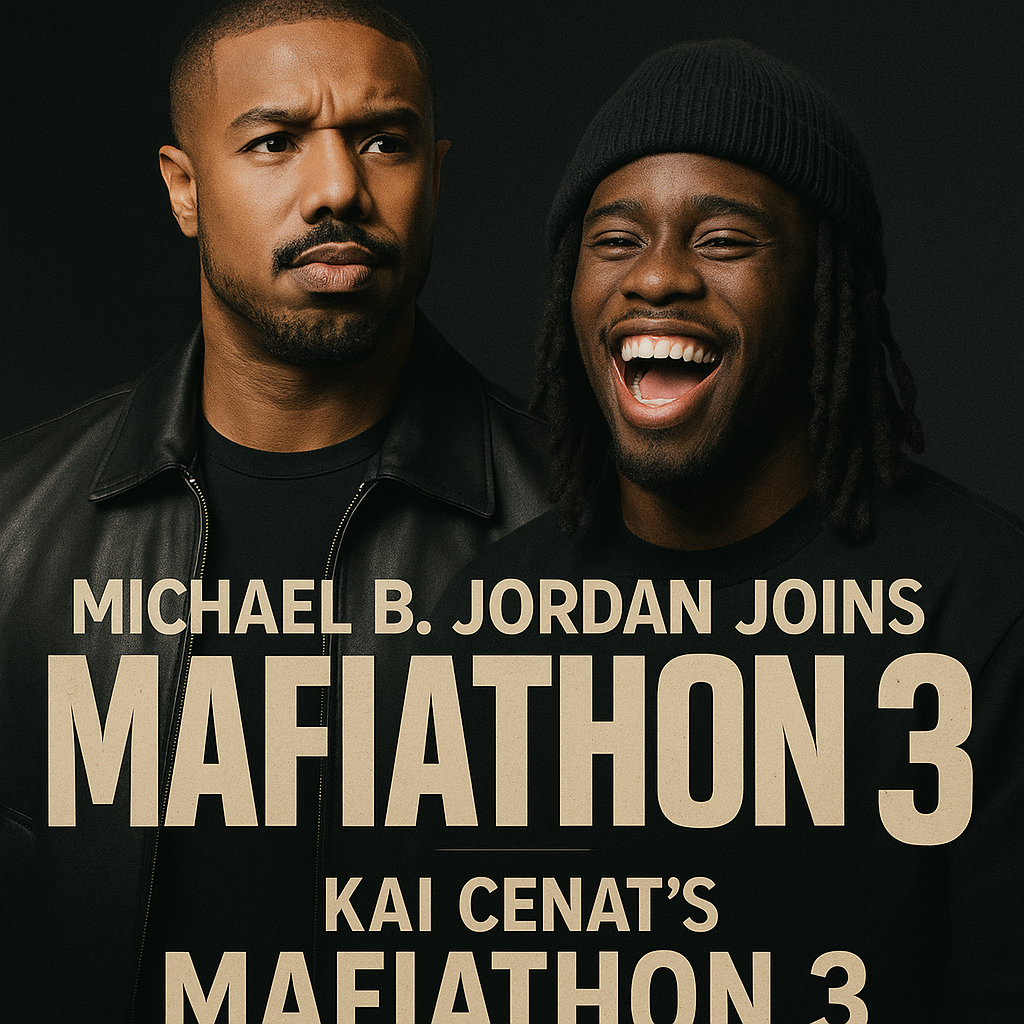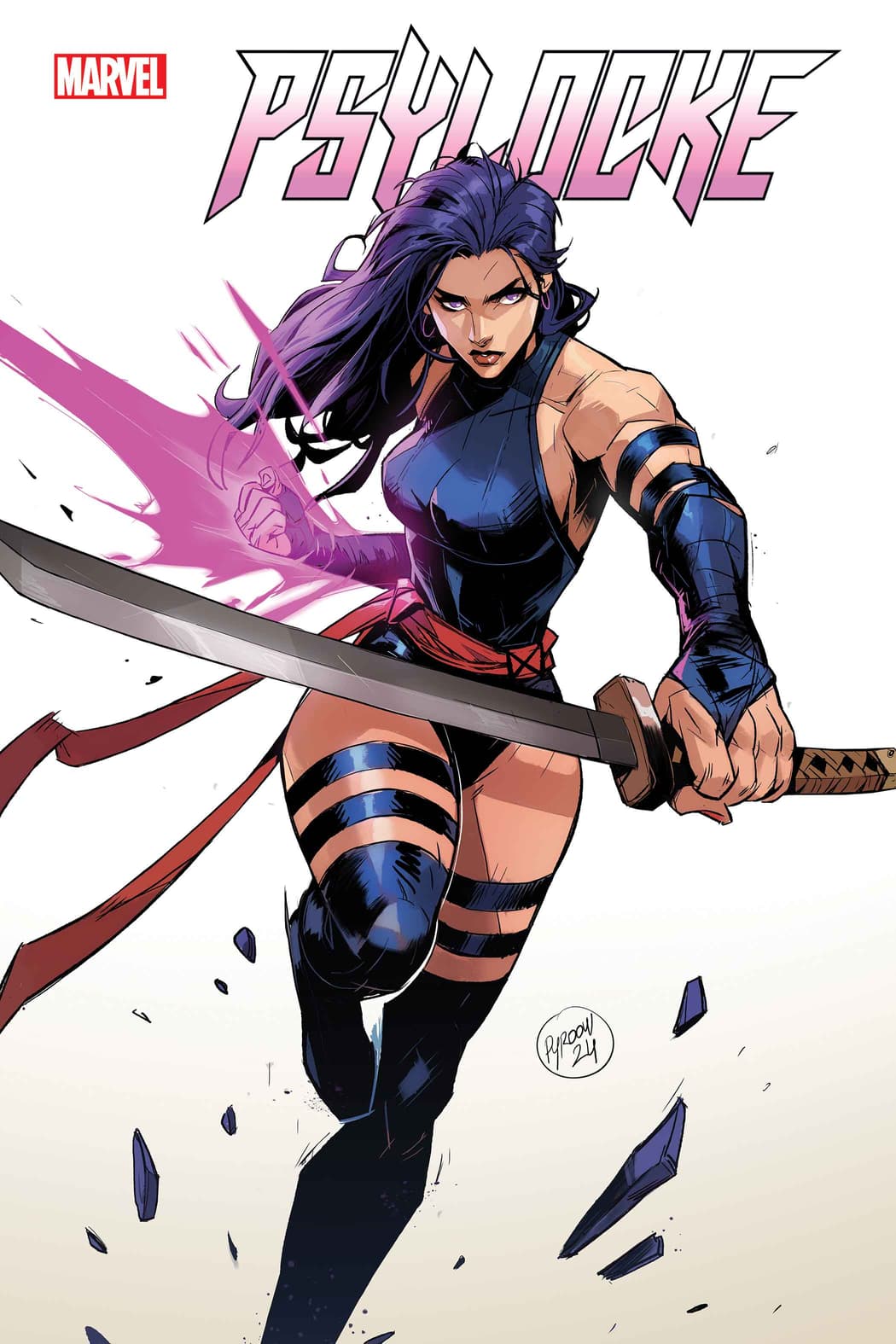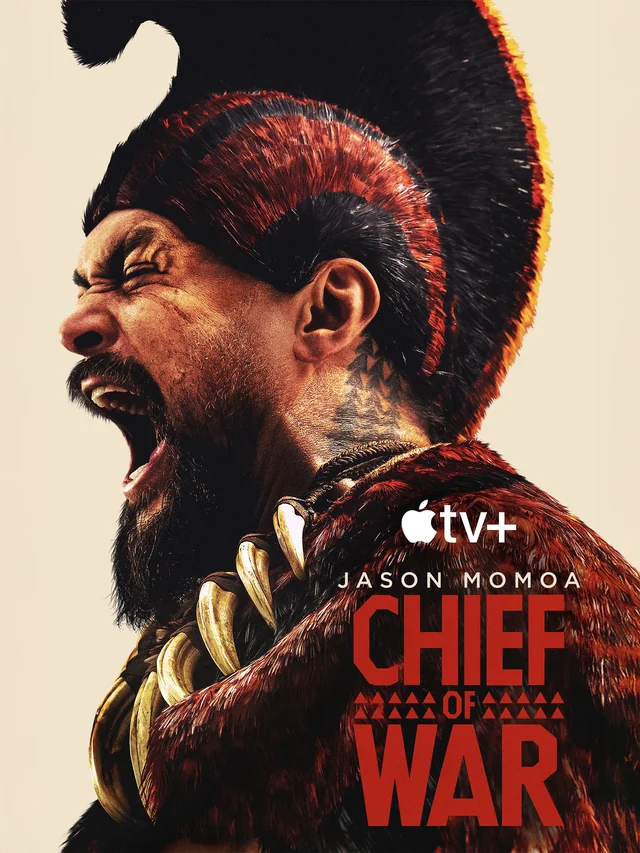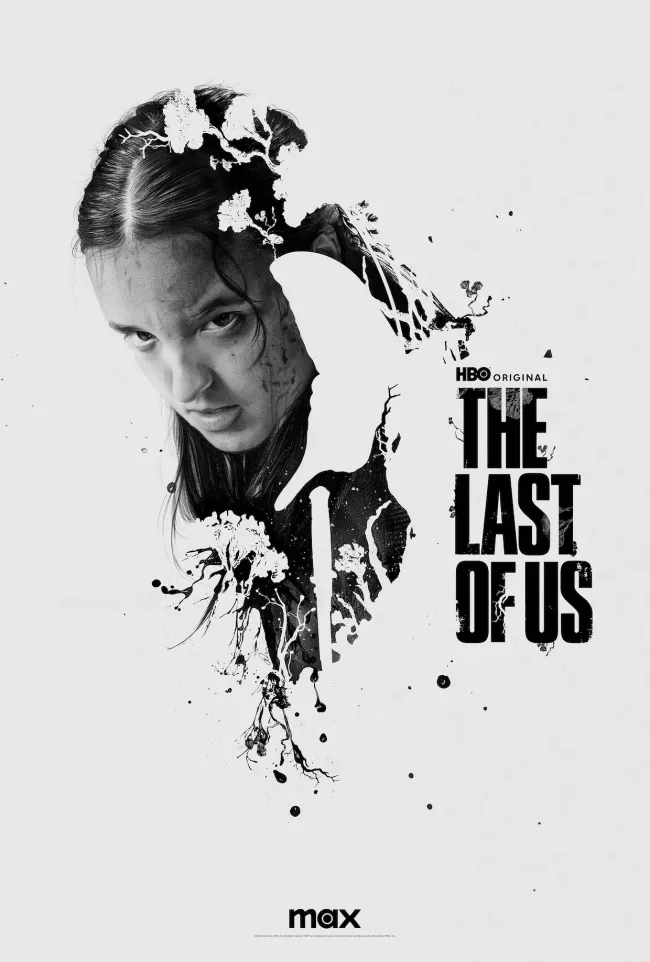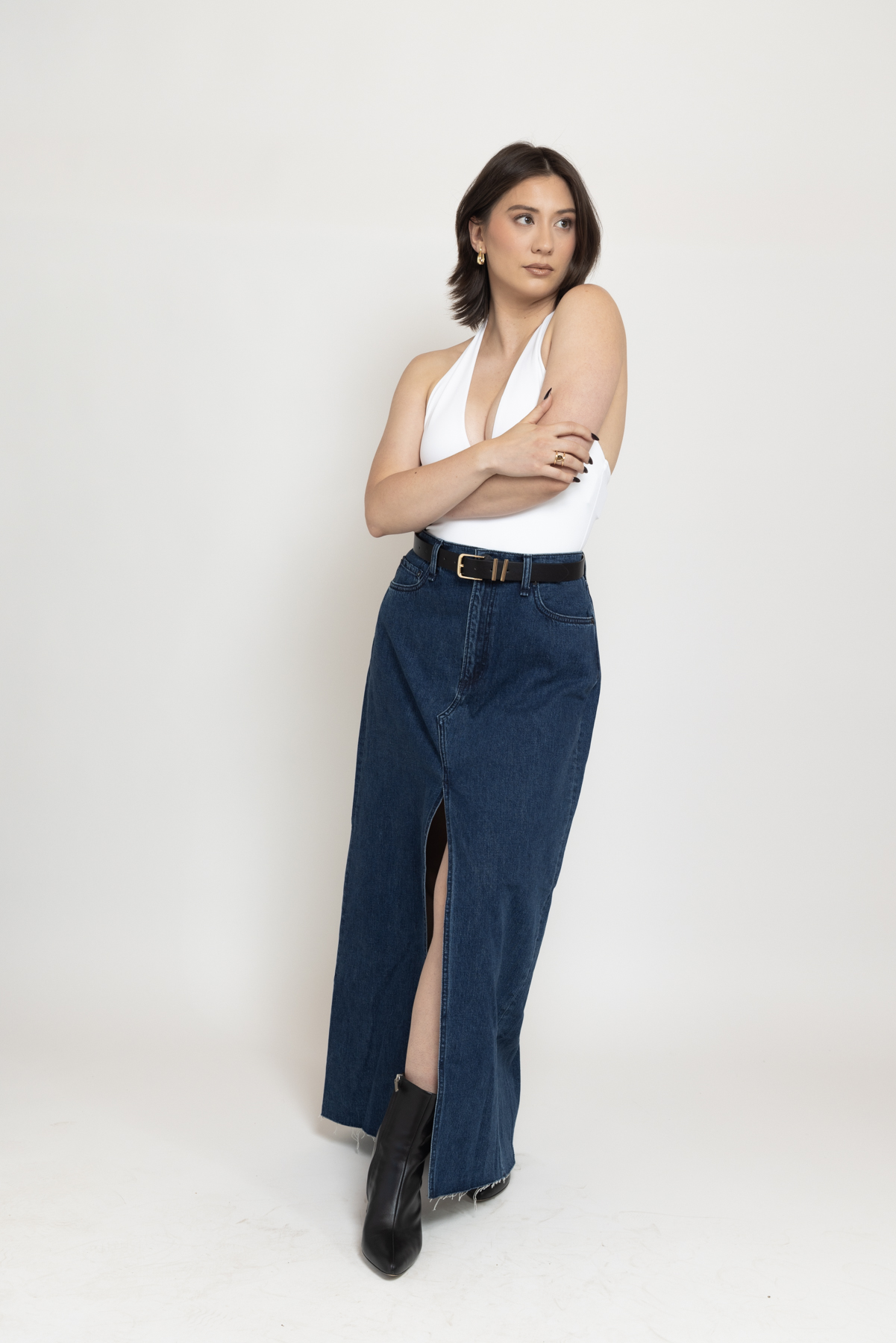
Frankie Kevich: Giving Voice to Fear and Freedom
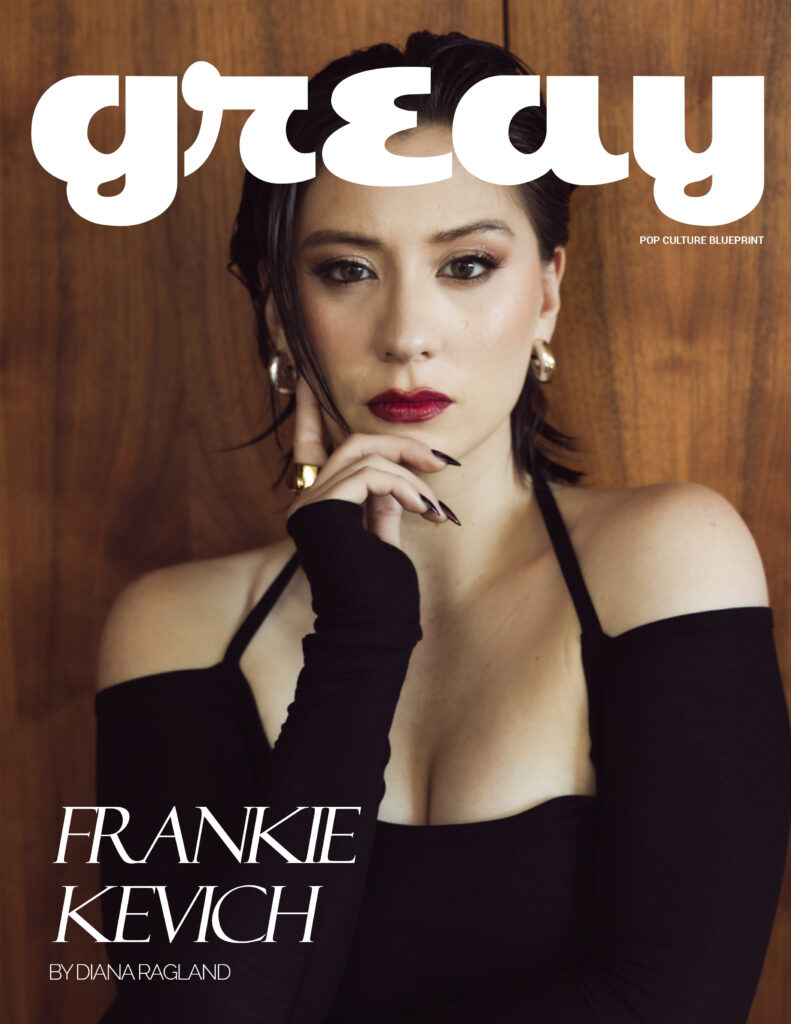
Frankie Kevich is no stranger to transformation. With a voice that has brought to life colorful characters like Jade in Rainbow High and Conduit in Apex Legends, she now dives headfirst into darker, more chilling territory as Nishida Rinko in Silent Hill f. Taking on a character woven into one of the most iconic horror legacies in gaming is no small task, but Kevich approaches it with a blend of reverence, precision, and raw honesty. Balancing her multicultural background, her theater roots, and her love for both comedy and horror, she is redefining what it means to be a multifaceted creative in today’s entertainment landscape.
Silent Hill f is one of the most anticipated horror titles in recent years. How did you approach stepping into the eerie, layered role of Nishida Rinko, and what kind of preparation did it demand from you?
Rinko is such a complex character and what an incredible legacy to be part of with the Silent Hill series. This character was a bit of a challenge because she felt very far from me. She is so prim and proper, and she sees the world through the perspective of a teenage girl in 1960s Japan. It was a hugely daunting task to step into this world, so I placed a lot of trust in the Konami and Neobards team, who connected with my take on Rinko for a reason. And I am so grateful that they did. I found the aspects of Rinko that I really related to, like her ambition and drive. I tried to visualize her experience growing up as a perfectionist and how that contributed to her feelings of jealousy towards Hinako. The voice itself, I had to focus really hard on finding the placement in my vocal range and making sure I stayed as consistent as possible, while staying present in the scenes.
Survival horror thrives on atmosphere—both in visuals and voice. What excites you most about bringing a voice to a character in a world that thrives on psychological tension?
To be honest, I’m most excited to see how people react to Rinko and her story. I don’t think it’ll always be positive reactions, but if my performance helps get people invested in what happens to this character, then I’ll be extremely pleased. I loved getting to play in such an uncanny atmosphere, because it gives you permission to do something really weird or unexpected. It challenges your creativity to come up with new ways to be as creepy as possible.
Silent Hill has one of the most loyal and passionate fan communities in gaming. Were you aware of the franchise’s legacy before joining, and what kind of responsibility do you feel stepping into a role in such an iconic series?
Oh definitely! I don’t even play many horror games, but everyone knows about Silent Hill! After I heard what game it was, I thought, “Oh boy, what an immense thing to be part of.” It was wildly intimidating. I remembered my brother playing the original Silent Hill 2, but the story kind of went over my head at that age. But when I booked it, I researched a bit about the games that came before and what aspects the people loved so much about them, and I came into the booth with a lot of reverence for the IP. What they were doing with this psychological terror was very special, and I knew that nothing was accidental when it came to our performances. So I felt very responsible for bringing Rinko to life in English as closely in intention and nuance as the wonderful Yuuka Iijima, and to not make Rinko into a caricature or a trope, but a person with her own flaws and desires.
Horror fans love to speculate and dissect performances—especially in Silent Hill. How do you balance giving a grounded, emotional performance while knowing fans will analyze every line, tone, and pause you deliver?
With lots of anxiety! No, but I do think that it always comes down to the acting and finding the truth in the scenes and trusting that the delivery comes out right when you’ve found the real intention behind your lines. I’ve done quite a lot of dubbing in my career, so you are able to kind of turn on this internal metronome to hear the original language’s pacing, and once you give yourself those parameters, you can play within that. I am so excited for the Silent Hill fans to play this game, but I honestly was trying not to think too much about how they would dissect my performance while in the booth. I just had to focus on this girl, Rinko. At the end of the day, I think the best thing you can do for the fans is give the most honest performance. So I tried to just focus on connecting with that character and fight for her voice and perspective, and leave any judgment out of it.
You’ve voiced Conduit in Apex Legends, Jade in Rainbow High, and now Nishida in Silent Hill f. How do you shift gears between roles that range from colorful and playful to deeply dark and chilling?
I actually feel like I thrive in the extremes. I love to play dark and twisted characters, but also really love to play goofballs. Something that helps with code-switching is being mindful of who the audience is for the project. If I’m a mermaid princess in Mermaid Magic or a super cool fashion student in Rainbow High, I’m thinking about the kids that I babysit and trying to be a good role model to them. For Silent Hill f, I have seen the passion the fans have for this series; I’ve seen the 4-hour-long analysis, the Reddit threads talking about how closely they related to some characters. I know that this character needs to be an unfiltered and imperfect person because Silent Hill fans want to see the good, bad, and the ugly.
As a Filipino-Polish performer who grew up across Vancouver, Torrance, and LA, how do your multicultural roots shape the characters you create and the stories you’re drawn to?
This is so meaningful to me because I think this experience of being multicultural and kind of nomadic most of my life has impacted me a lot. There’s this very lucky feeling of being a part of wonderful communities, feeling connected to a culture that is bigger than yourself. You adopt a lot of values from them. But also, there’s this feeling like you are not “enough” of any one thing to wholly belong in these communities. I am so grateful for all of these communities that have uplifted me in my life; it makes me want to work harder and become someone whom they can be proud of. But I’ve also developed a bit of people-pleaser energy in me, too, where you want to appeal to everyone because there’s a fear of rejection deep down within. I think a lot of people feel that, but that bleeds into some of my roles, where my characters are trying so desperately to keep up a perfect facade, masking a lot of insecurity. You see a lot of that in Conduit’s lore. Acting has actually allowed me to get closer to my heritage and my parents as well, because whenever I play a role that embraces my Filipino or Polish background, I spend a lot of time talking about their languages and cultures from before they immigrated to Canada.
Your time with UCLA’s LCC Theatre Company gave you a start in producing and writing. How did those grassroots experiences prepare you for navigating voiceover and Hollywood today?
LCC was such an amazing playground to prepare me for today! Through this club, I gained confidence and direction; it pushed me towards acting, since I was majoring in Economics and was thinking about working in finance. Being in such a supportive group, whose mission was to create new work and tell stories of underrepresented people, I got to perform, write, direct, and produce so much content. I felt safe being bold because we had each other’s backs (IGYB). Especially now, creating your own content is so important, and LCC was such a great training ground.
Comedy and horror might feel like opposites, but you’ve worked in both—Burnt Mill Road and VelociPastor 2 prove that. Do you find the rhythms of comedy and horror actually overlap?
Always! The two genres are perfect examples of “commit to the bit”. Comedy and horror require 110% commitment, and I love to play in the intensity and the chaos, where you really get to lose yourself and unleash. It’s all about escalation, and I think they lend to each other.
In Suits LA you step into a legal drama as Sydney, a young attorney. Was there a moment filming that role where you felt, “This is a completely new side of me”?
This recurring role in Suits LA was such a pleasant surprise. I had so much fun witnessing the workplace drama vibe, and it definitely was new having to reel myself in even more. I love to do on-camera work, but it’s massively different playing a supporting role in a piece like Suits LA compared to doing horror, comedy, or fighting with life or death at stake in a dystopian video game world. You have to find so much nuance and stillness in something like that.
With VelociPastor 2 on the horizon and an international cult fanbase calling themselves “Velocipostles,” how do you react to being part of something so outrageous yet beloved?
I feel right at home with the mad geniuses that are making this movie! Booking that film alone was such a crazy process; my audition tape was ridiculous. I had to learn about a full page of Polish, and I improvised a very dumb joke at the top. When I got the callback, I thought, “Oh, these people are picking up what I’m laying down!” While the concept is wild, about a pastor turning into a dinosaur, the director, Jesse Gouldsbury, and the cast, Gregory James Cohan and Alyssa Kempinski, and the entire small but mighty team, were so passionate and put a lot of care into executing the thing well. Scrappy, hilarious, and talented, just my kind of project to be part of.
You’ve trained in fight choreography and improv comedy—skills that feel worlds apart. Do you see them coming together in how you embody “badass female characters”?
Oh, 100%, I was actually in a short film last year that was a musical dramedy with a very intense fight sequence called Model Minority that will soon be hitting the festival circuit. I love to blend genres and bring humor into so many of my characters, and my dream is to work in more sci-fi and action things. I grew up in an interesting Y2K wave of feminism, watching things like Kill Bill and Charlie’s Angels. I think feminism can be violently fierce and deeply funny, and I hope to continue blending genres while portraying badass women.
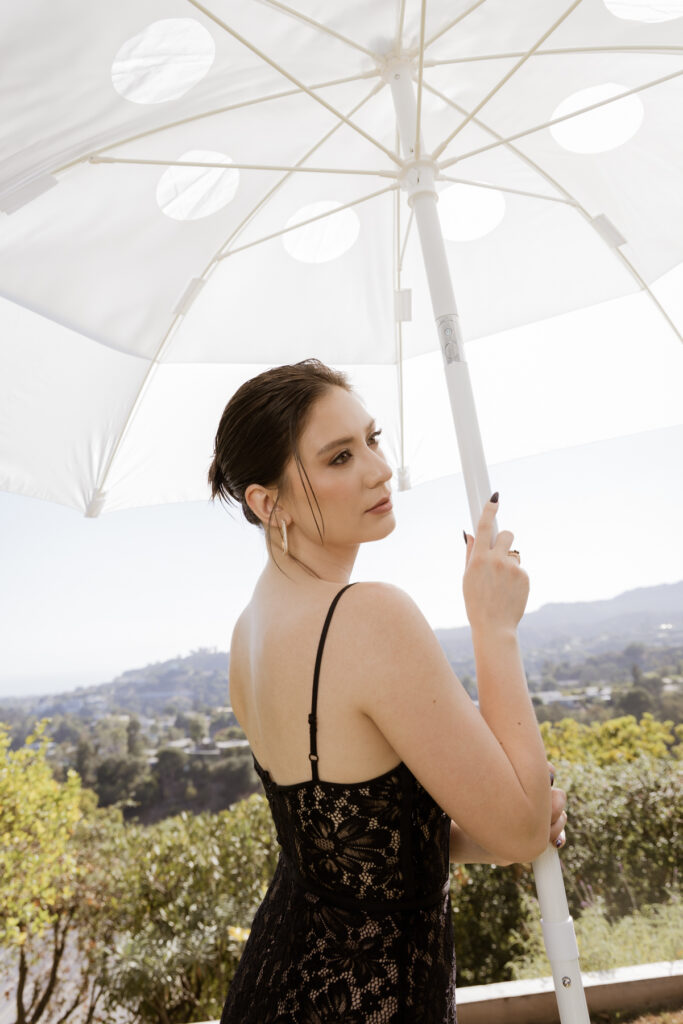
Gender norms and expectations in casting are something you’ve spoken about challenging. How intentional are you in seeking out roles that break those molds?
I am actually quite open to a wide array of roles! I do tend to book more of the edgy, outspoken, strong at face value type characters, but every once in a while, I get the chance to portray a more traditional, supportive female character that has to rely on the strengths of others. I feel like Rinko falls into that category at first. However, I always try to find ways to push these characters outside the mold or archetype they were written in. We end up seeing that for Rinko specifically, she is a force of nature not to be trifled with! I think it’s so powerful when you see an actor take on a role that might be written leaning into a passive stereotype, but then the performance defies that by showing power, strength, and determination. I think it’s important to show that femininity doesn’t mean weakness.
Fantasy books are clearly a passion of yours—especially The Kingkiller Chronicle. If Nishida or Conduit were dropped into a fantasy world, how do you think they’d survive?
I think Conduit would have an absolute ball! She’s pretty fearless, can definitely take care of herself, and she would make friends easily! I can see her becoming somewhat of a local legend around the village… Rinko, I would worry about. I do not think she handles big surprises or stressful situations well. Not alone at least!
For younger Asian and mixed-heritage creatives looking to break into acting or voiceover, what advice would you give about embracing their uniqueness in an industry that still battles typecasting?
I know it might be cliché, but I think it’s really important, especially being biracial in Hollywood. Don’t try to fit into a box; the biracial experience is such a spectrum, and be as true to yourself as you can be. Give yourself the permission to be both, don’t let others dictate if you are “too much” one thing or “not enough of another”, because at the end of the day, you are both (or maybe all if your background is even more diverse). Take things one job at a time. I pass on things I don’t feel I can authentically portray, and sometimes I do auditions where I take what I can connect to from the character breakdown, and leave what I don’t. If you can bring something interesting and authentic to the character, casting will consider that, and if that’s not what they’re looking for, then it won’t be for you. I think that being bi-racial is still a muddy area in Hollywood that we’re all kind of navigating together, but put the acting first and trust that the right opportunity will come back to you.
From indie projects like VelociPastor 2 to globally recognized franchises like Silent Hill, Frankie Kevich is carving out a career that thrives on extremes—fearless, funny, dark, and heartfelt. Whether she’s bringing psychological terror to life or breaking stereotypes with her voice and presence, Kevich embodies an authenticity that resonates across genres and audiences. For fans eager to see where her journey takes her next, one thing is clear: she’s only just beginning to show the full range of her artistry.
Photos By Diana Ragland
Words by Kyra Greene


